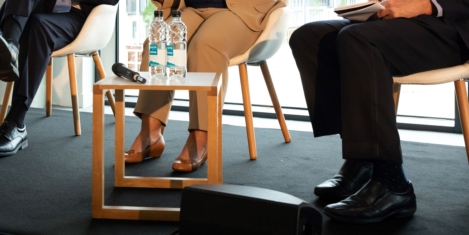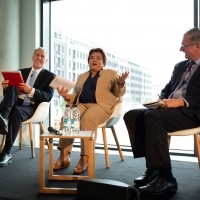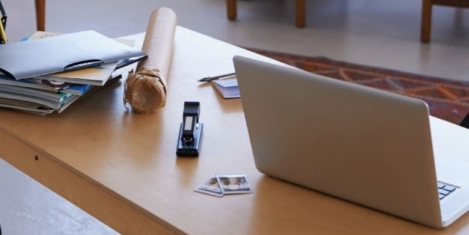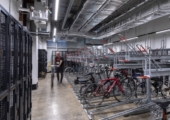June 18, 2019
Fewer than one in five comfortable with mental health conversations
 Although around 1 in 7 people experience work-related mental health problems, a new survey claims that fewer than one in five people are confident about discussing mental health issues with colleagues. The survey of 1,000 people from insurance firm Protectivity claims that just 18 percent would be confident talking to their colleagues about their mental health. In addition, more than 1 in 10 people in the UK say they would feel embarrassed or ashamed of talking to their colleagues. The report concludes that not only is work needed to improve confidence but also the stigma of talking about mental health issues. More →
Although around 1 in 7 people experience work-related mental health problems, a new survey claims that fewer than one in five people are confident about discussing mental health issues with colleagues. The survey of 1,000 people from insurance firm Protectivity claims that just 18 percent would be confident talking to their colleagues about their mental health. In addition, more than 1 in 10 people in the UK say they would feel embarrassed or ashamed of talking to their colleagues. The report concludes that not only is work needed to improve confidence but also the stigma of talking about mental health issues. More →



















 AI and its transformational effect on the global business landscape was the dominant theme on day one of the
AI and its transformational effect on the global business landscape was the dominant theme on day one of the 















June 14, 2019
Help on returning to work after cancer
by Christine Husbands • Comment, Wellbeing